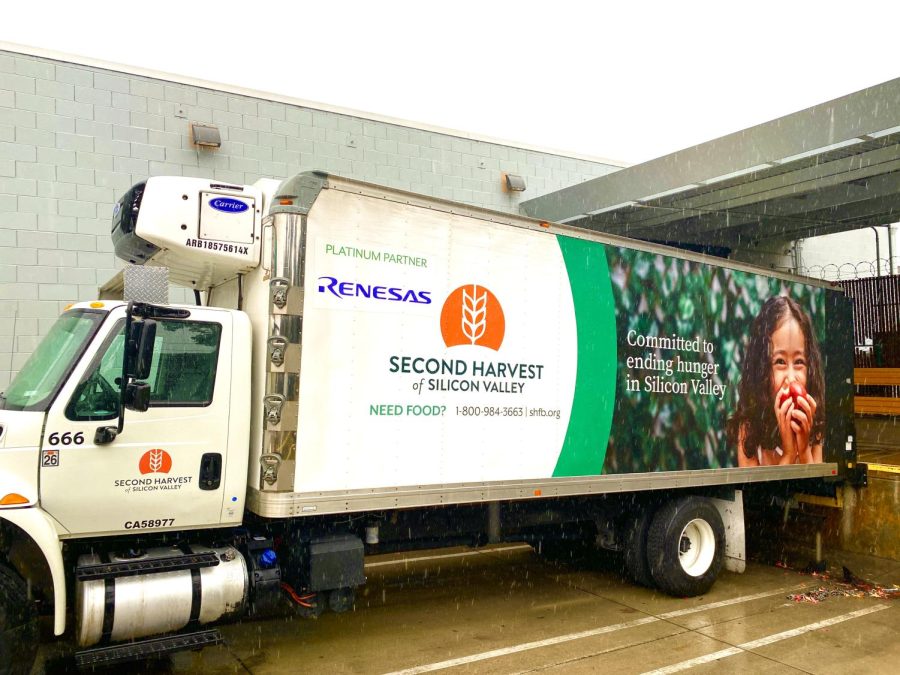Food banks and charities are having a difficult time keeping up with the increasing demands as prices soar.
Rising inflation has caused basic necessities, such as food, to become harder to afford. Food banks such as the San Francisco-Marin Food Bank are struggling to accommodate all the people in need as the demand outweighs the supply.
“We hear every day from our participants who are struggling to keep up with the rising cost of living, surging gas bills, and increased food costs,” said Mara Sleeter, the Communications Coordinator at the San Francisco-Marin Food Bank.
What many have hoped would be the first normal holiday season since the pandemic are instead facing high food prices and a worsening hunger crisis.
Food banks are also noticing the increase in prices.
“This year, our holiday menu cost 35% more than last year due to inflation. The cost of chicken is up 111%, eggs 72%, and rice 63% compared to this time last year,” Sleeter said.
Even though salaries have also increased, it doesn’t keep up with inflation. This has squeezed the budgets of many Americans and caused more dependence on food banks.
“The number of people spiked during the pandemic and then dropped significantly after, but we are beginning to see these numbers go back up,” said Lieutenant Lucy Vargas, a member of the Salvation Army.
This issue is further exacerbated by the expiration of pandemic relief aid, which had previously helped many low-income families survive the pandemic. Now, without the stimulus payments from the government, many families are struggling as they still feel the aftershocks of the pandemic.
“Compared to before the pandemic, our numbers have doubled. A lot of folks lost their jobs, and it’s their first time seeking any type of assistance,” said Janette Brambila Ramirez, the Community Engagement Officer for Second Harvest.
The primary role of Second Harvest is to distribute food to soup kitchens, which would then distribute the food to those in need of it. However, non-profits and food banks across the country are struggling to meet demands and pay their workers at the same time.
Long lines of people stand in front of soup kitchens, waiting for a free meal and groceries. However, soup kitchens are forced to close much faster as their supply quickly depletes, and many are sent home empty-handed.
“We are stuck between wanting to offer employees wages that they can actually live by and staying true to our donors in trying to use the full amount of their funds for the services that we offer to the community,” Vargas said.
Inflation will most likely lighten up after supply-chain issues like the Ukraine war are resolved. The Federal Reserve’s interest rate hikes will also slow the economy down enough to lower prices, according to experts. However, it’s difficult to pinpoint exactly when this change will happen.
As such, it is more important than ever to support local food banks and charities in their mission to provide food to those who need it. Support can come in the form of donating, volunteering, or fundraising.
“For some, the Food Bank has become one of their only options,” Sleeter said.














